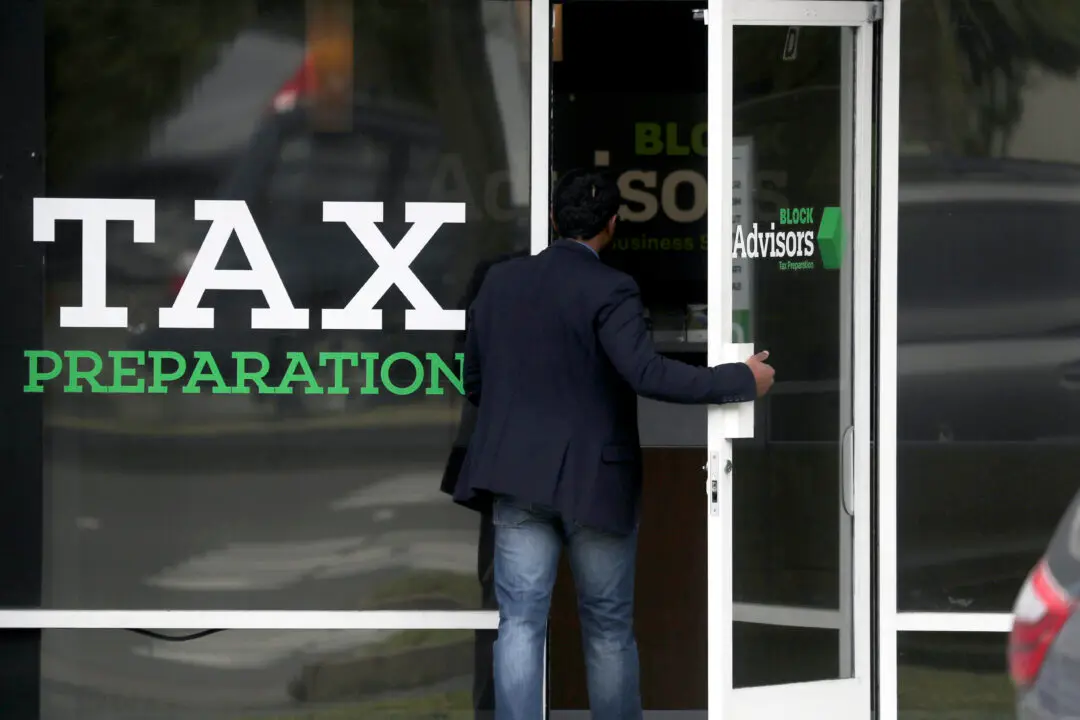Two organizations are suing the California Department of Public Health as well as Gov. Gavin Newsom to challenge the state’s vaccination requirements for students, alleging that current state policies limit parental choice and can lead to vaccine injuries among young children.
The medical nonprofit Free Now Foundation told The Epoch Times that the plaintiffs are working to file a preliminary injunction ahead of the July court hearing.





